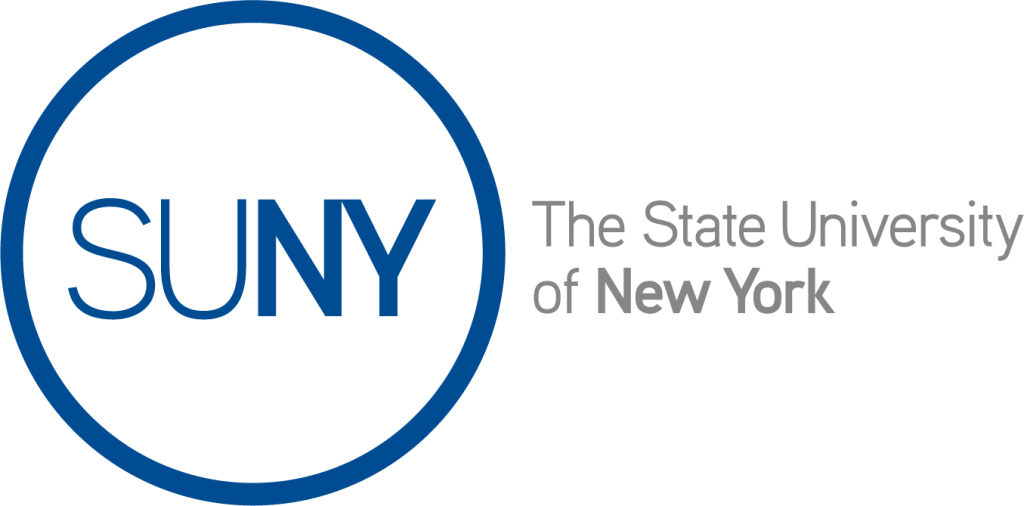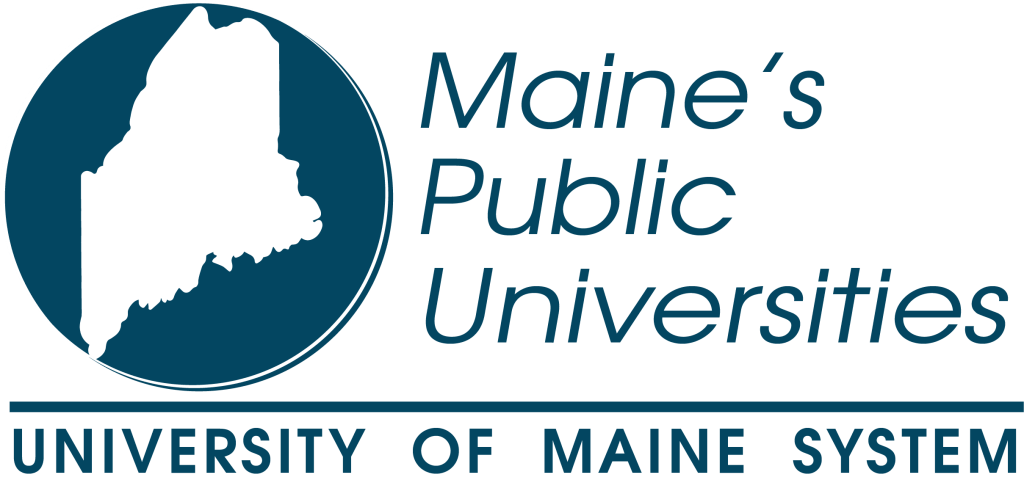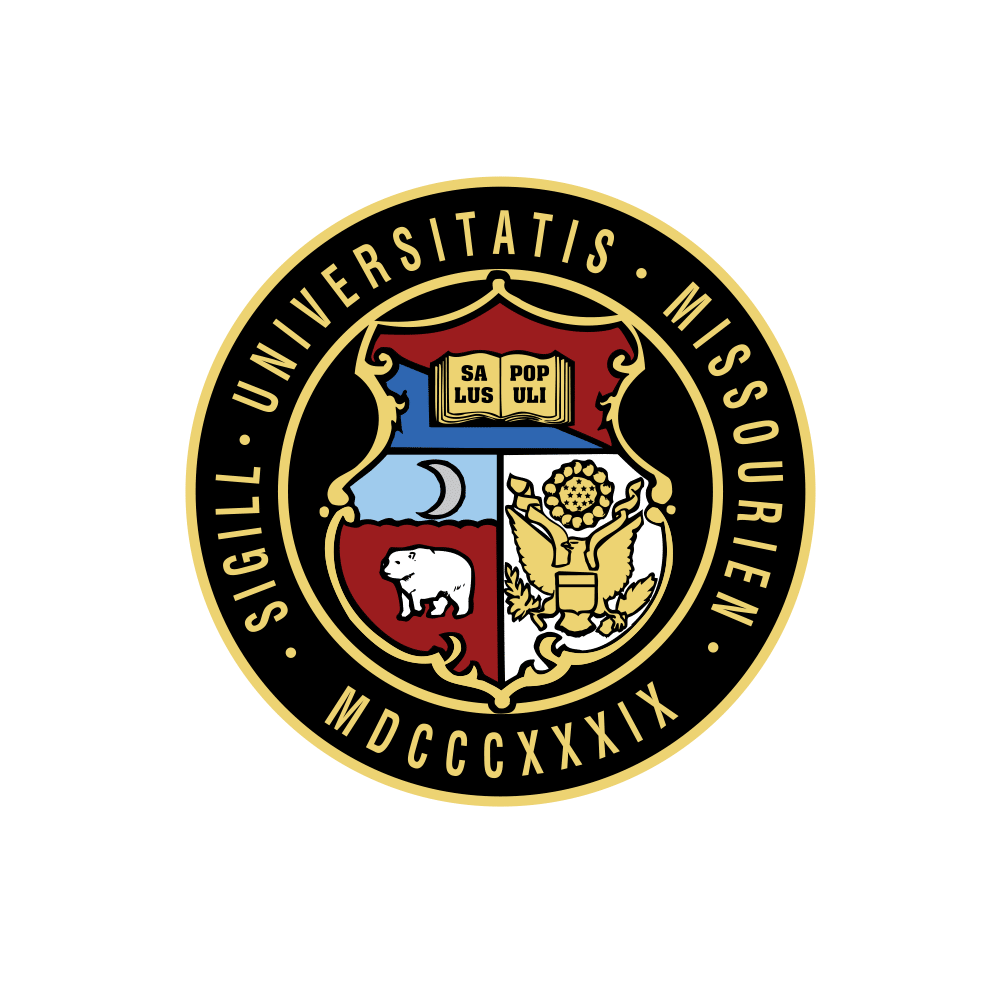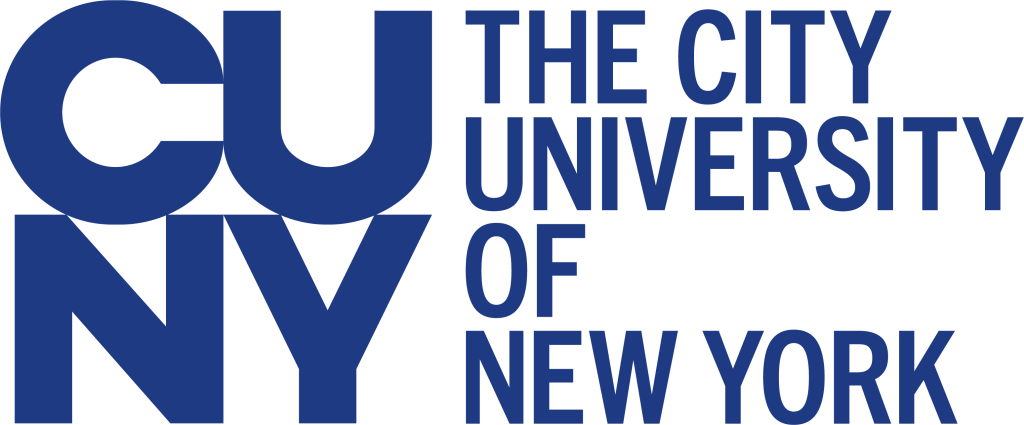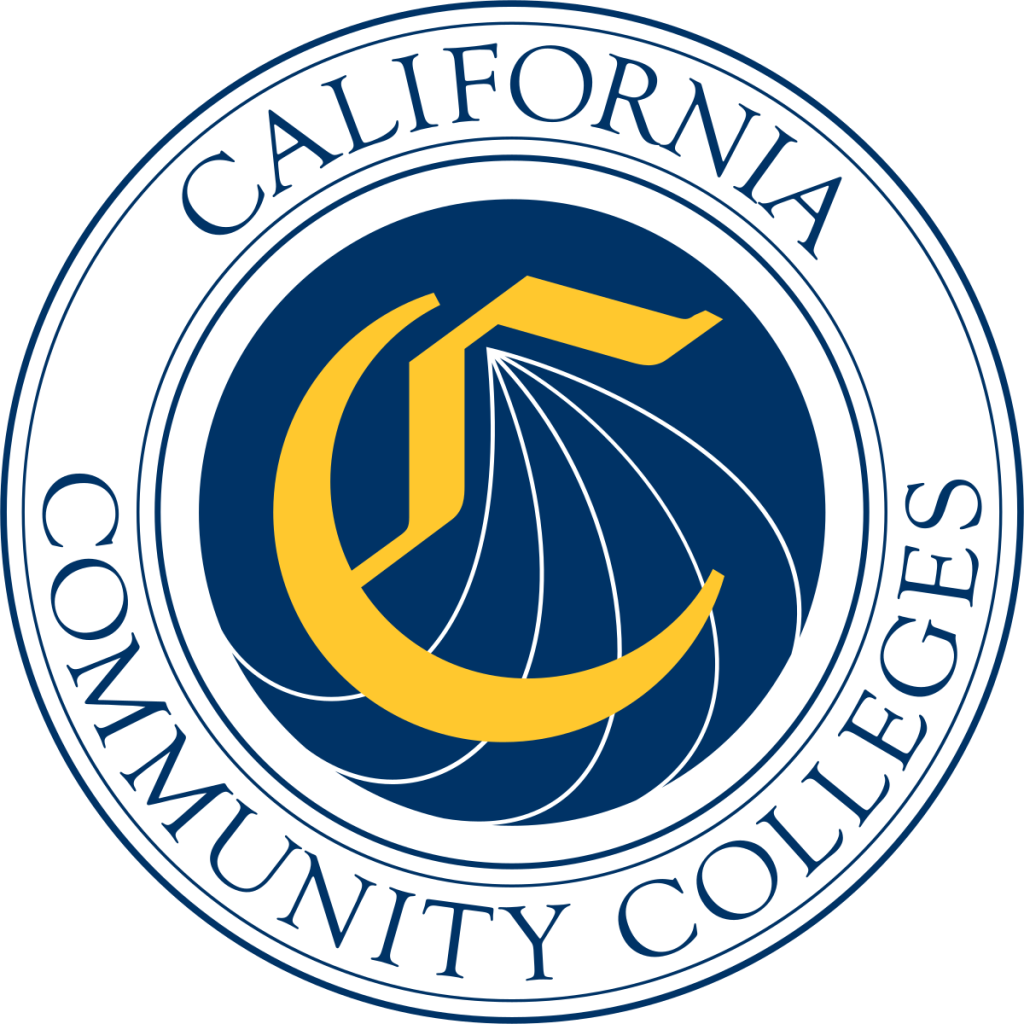NASH-ECAR Training of Trainers Program
Creating Inclusive Communities Together: Transforming Higher Education Through Refugee Integration
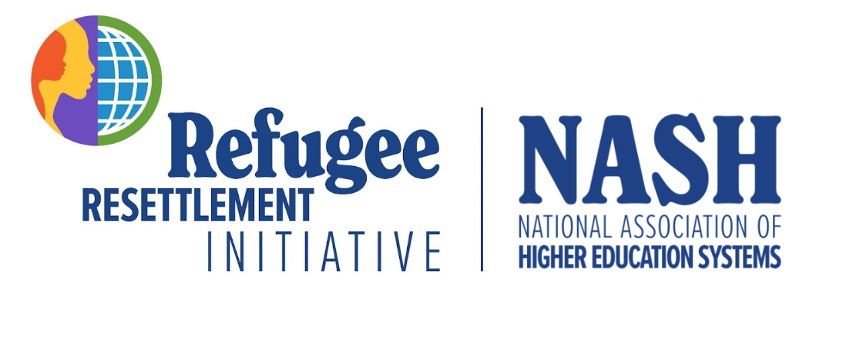
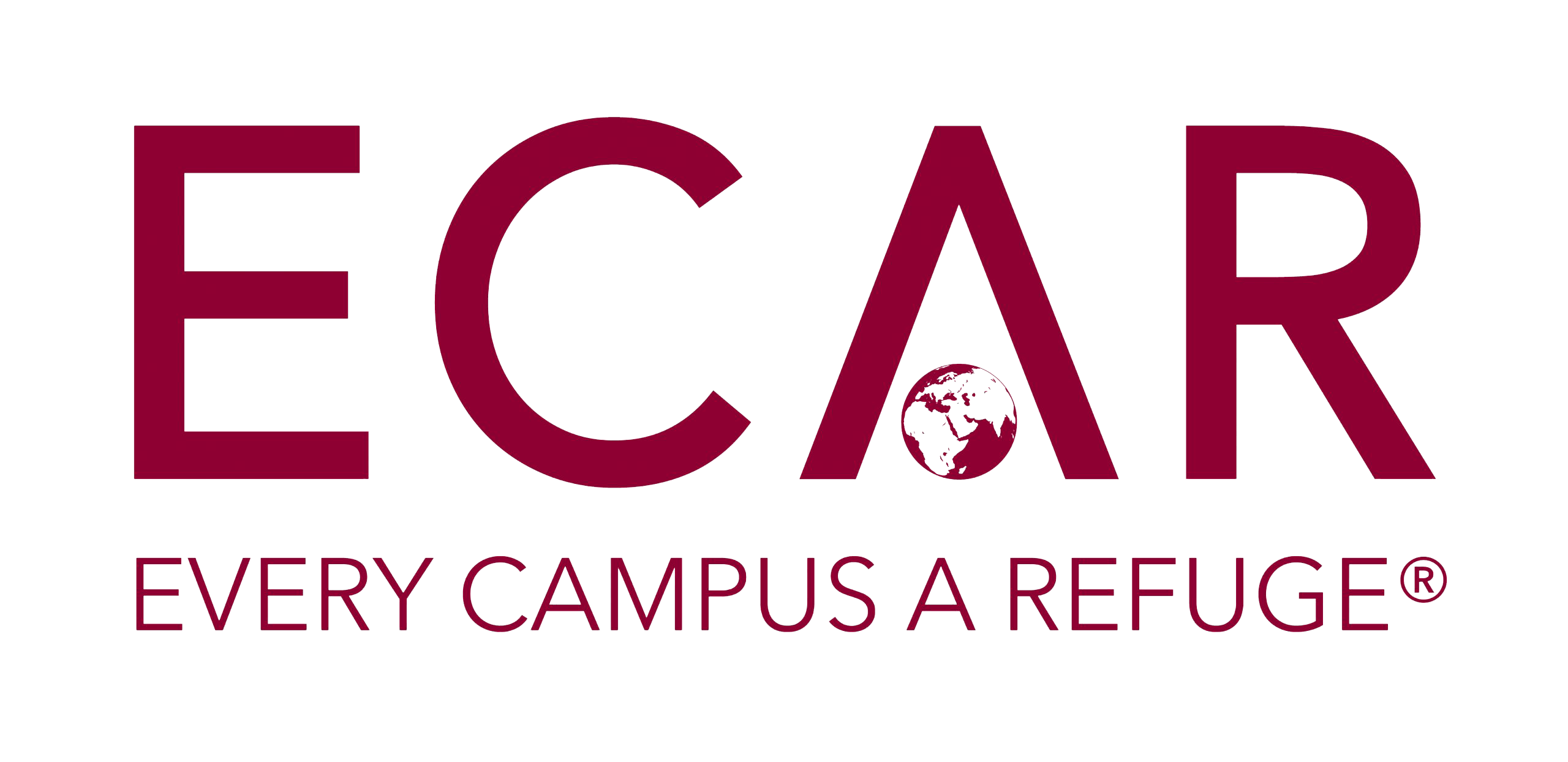
Training Overview
The NASH-ECAR training-of-trainers program seeks to prepare higher education leaders to consider making their institution a Resettlement Campus, i.e. one that mobilizes its resources to host refugees and forcibly displaced persons on campus grounds, while also engaging in related and transformative curricular and co-curricular efforts.
This national, certificate bearing training program is designed and run by Every Campus A Refuge (ECAR), with the support of the NASH RRI. This eight-hour training – offered hybrid, virtually or on-site – has these goals:
- Enriching your knowledge on forced migration and refugee resettlement;
- Empowering you to see the possibilities for your institution in refugee resettlement and integration support, and related transformative curricular and co-curricular programming; and
- Equipping you with the tools to create a campus welcoming for refugees and forcibly displaced persons.

*Training for Kentucky Institutions, hosted at Western Kentucky University
Sliding Scale Contributions
The ECAR-NASH Training of Trainers program now accepts contributions to help us expand our reach and sustain high-quality training. We offer individuals a sliding scale between $50.00 to $500.00. For institutions, we recommend between $5,000-6,000.
`
Certificate Opportunities: Basic and Advanced
Testimonials from Trainees
“As someone who hadn't previously been in a ton of conversations about this, this training was immensely helpful in understanding a lot of background about resettlement and what refugees go through and need. Conversations from trainers and with other peers helped me understand how much value this brings to a campus in so many ways, without costing much, all while helping refugees.”
“This was a very enriching and inspiring session. I want to see where we lead from here and how we garner the resources - human and otherwise - to make a difference and contribute to the goals of refugee integration in a meaningful way.”
“I cannot wait to put this knowledge into practice.”
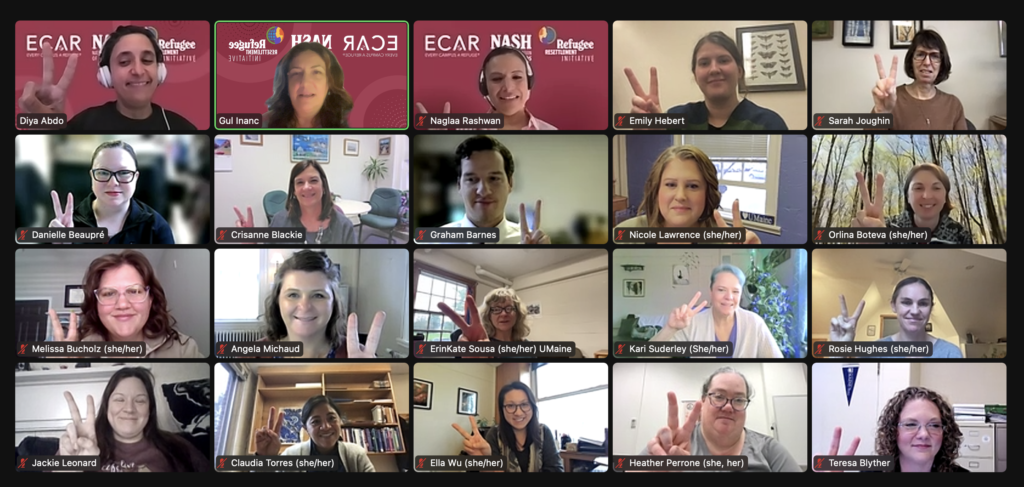
*University of Maine Virtual Training Graduation





























